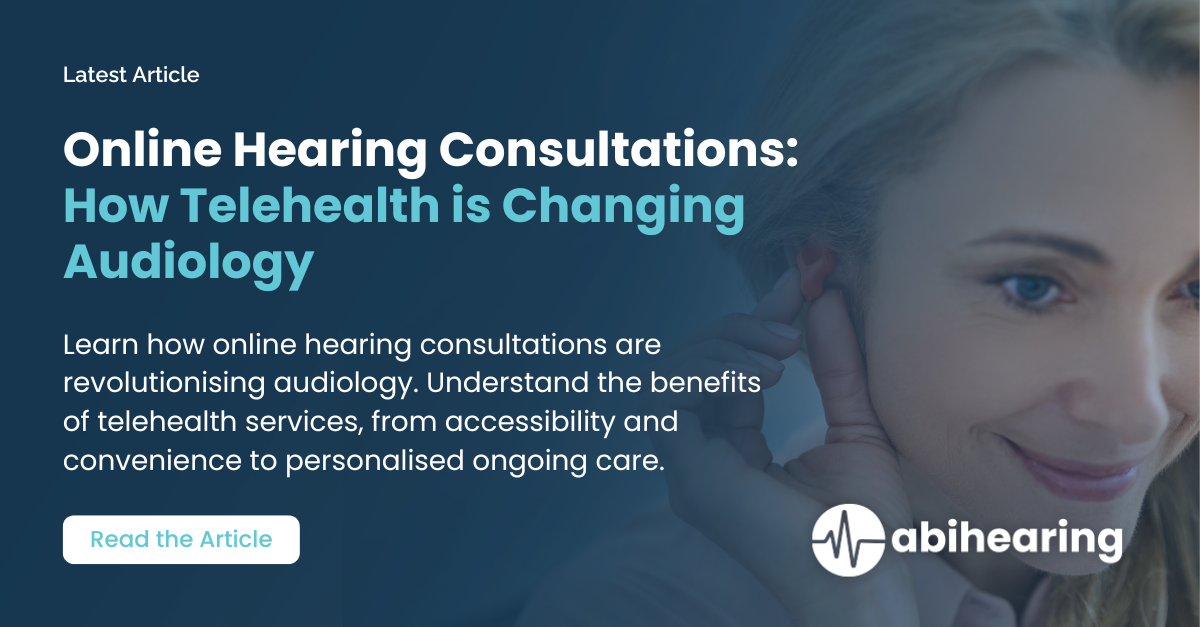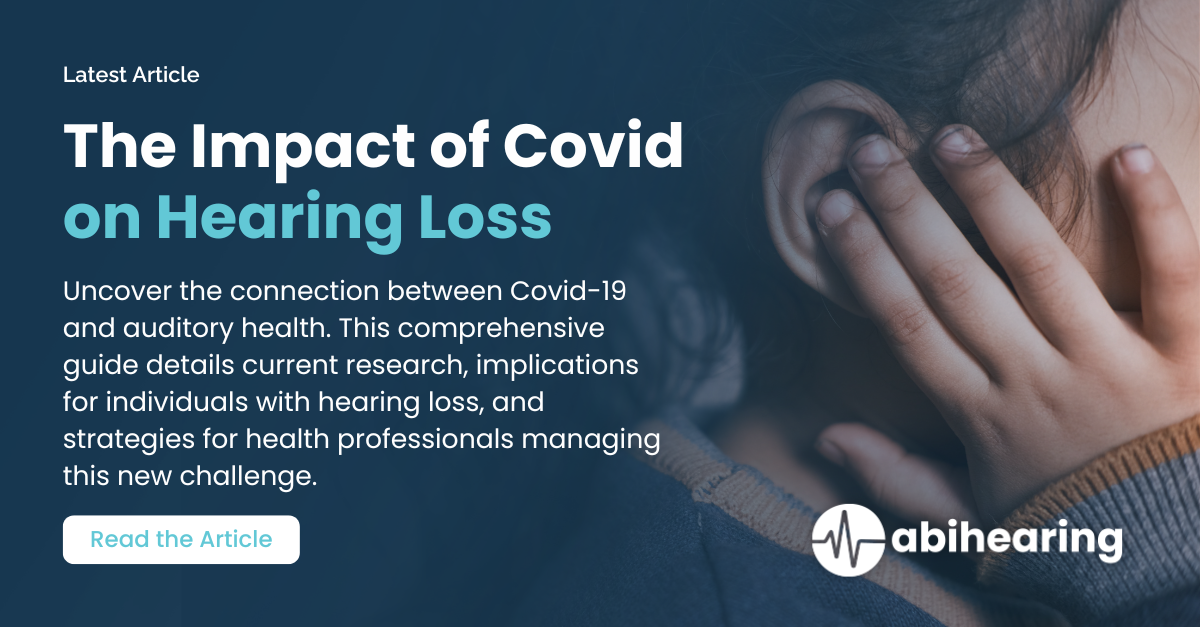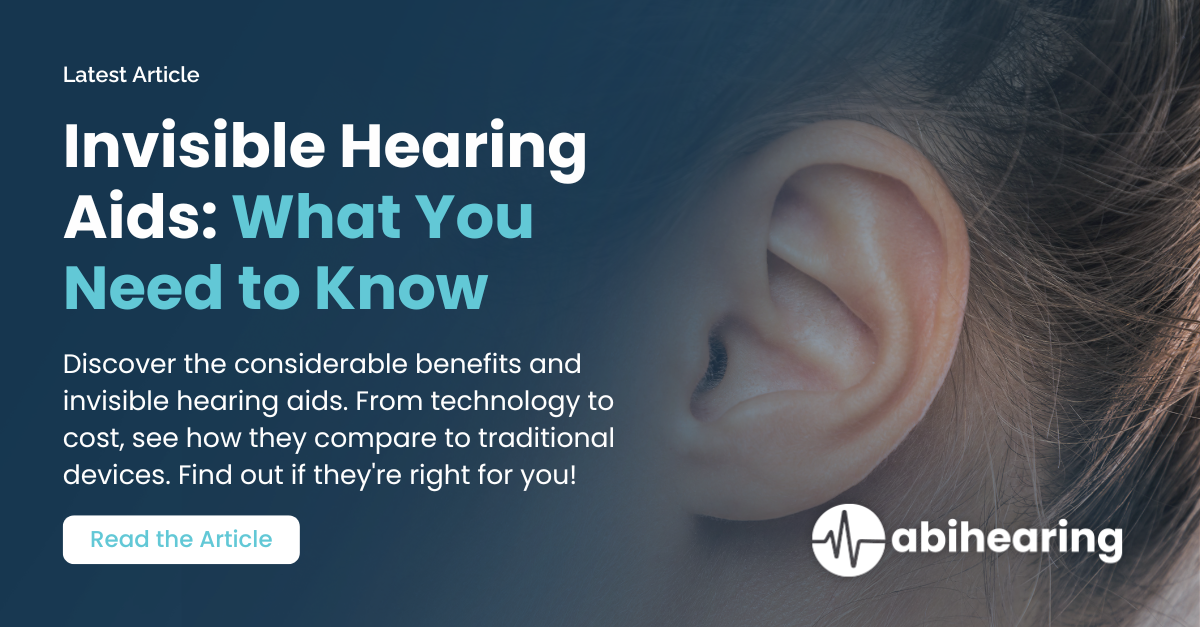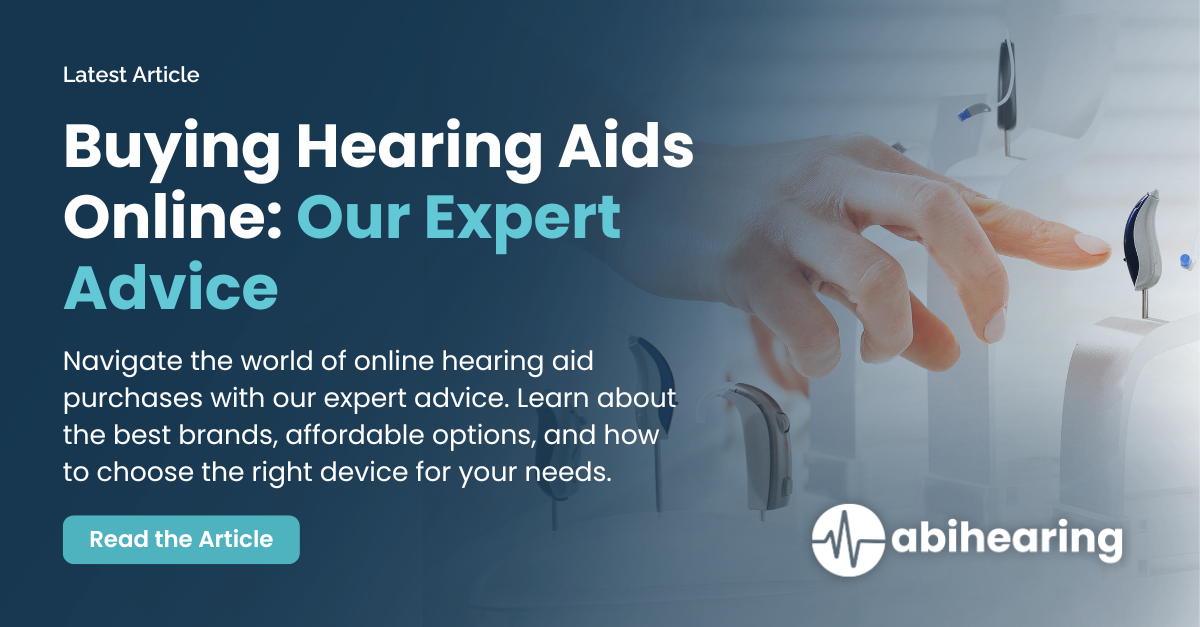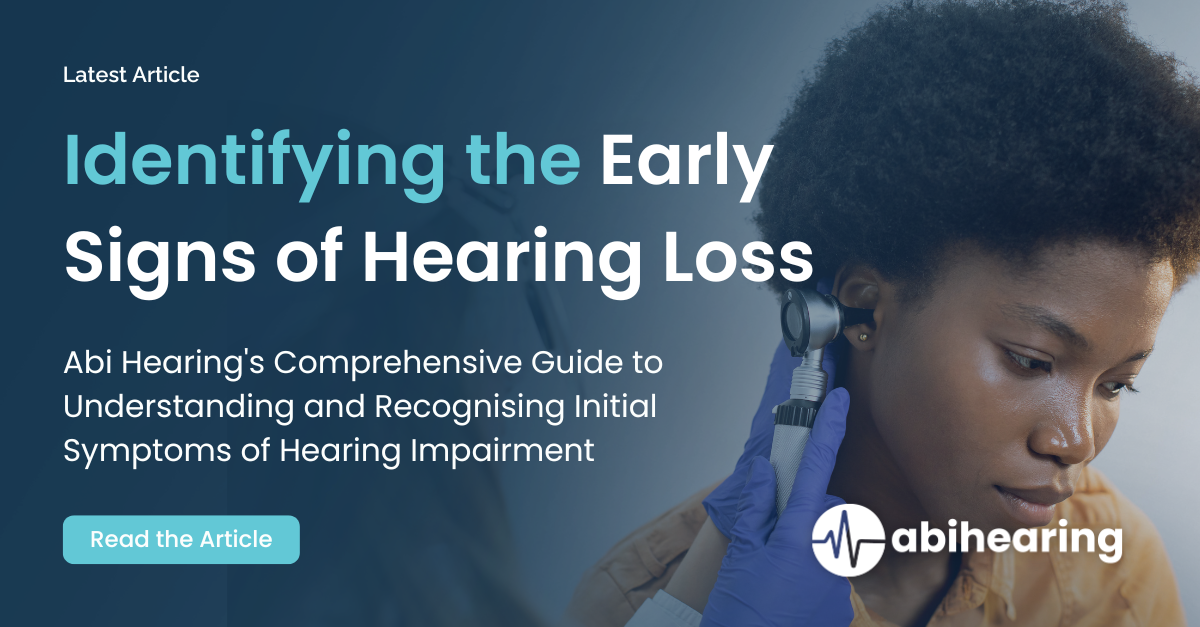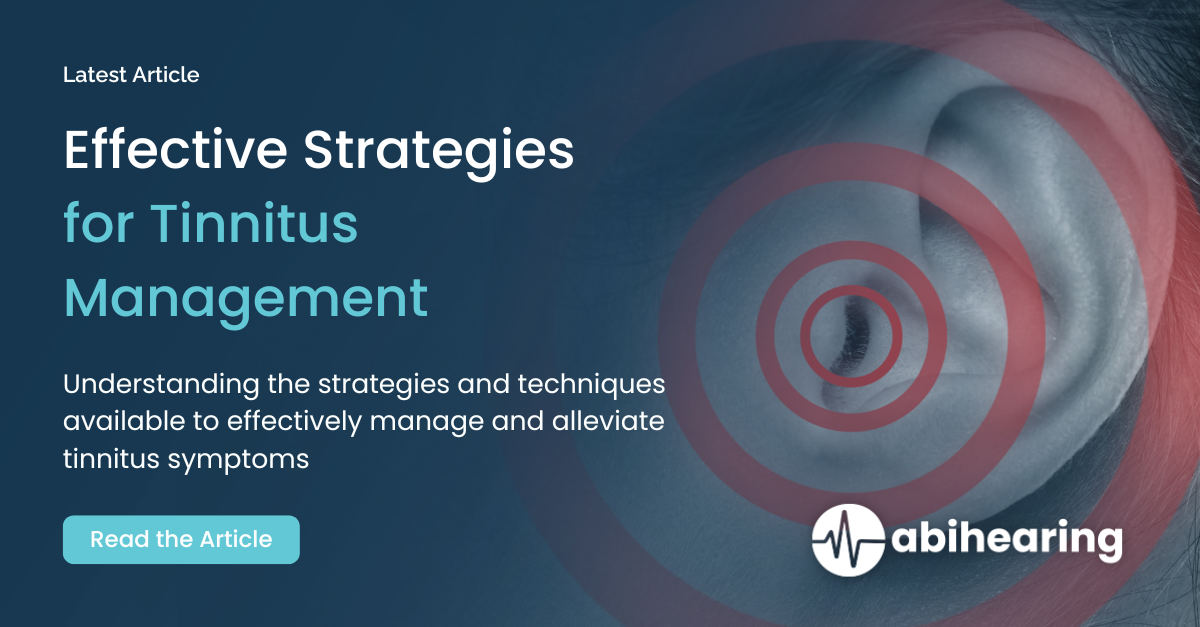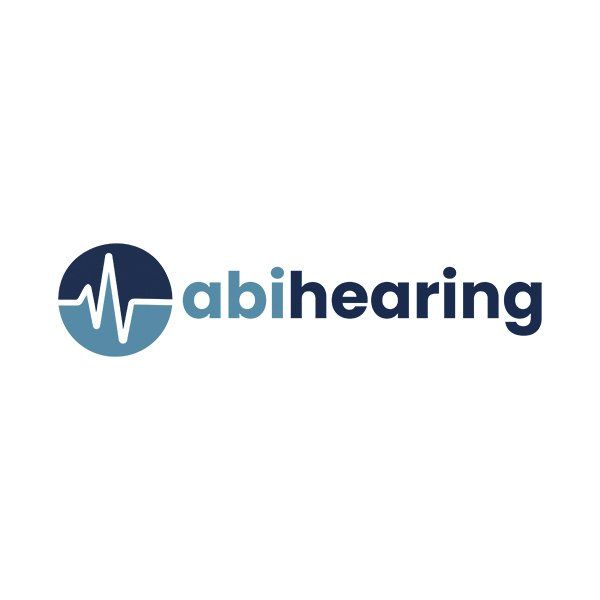Get Your Hearing Tested: The Benefits of Regular Audiological Assessments
Hearing is an essential sense that helps us navigate our environment and communicate with others. However, it is not something that we always think about, and many people do not recognise the importance of hearing health. The truth is that hearing health is closely tied to overall health and well-being. This article will explore the significance of regular audiological assessments, what they entail, how often you should get your hearing tested, and how to choose the right audiologist.
Understanding the Importance of Hearing Health
Hearing loss can have a significant impact on quality of life. It can affect communication, social interaction, and emotional health, with untreated hearing loss being linked to an increased risk of depression, dementia, and falls. In fact, a recent study found that individuals with untreated hearing loss were more likely to experience cognitive decline and had a 40% greater risk of developing dementia than those with normal hearing (Source:National Library of Medicine). Therefore, maintaining good hearing health is crucial for staying healthy in both the short and long term.
The Connection Between Hearing and Overall Health
Hearing loss is not an isolated issue but is interconnected with overall health. Numerous health conditions, including cardiovascular disease, diabetes, and stroke, have been found to have links to hearing loss.
These conditions can impact the blood supply to the inner ear, leading to damage. Furthermore, hearing loss can contribute to social isolation, which can have detrimental effects on mental and emotional health. Therefore, taking proactive steps to care for one's hearing is just as vital as attending to other aspects of overall health.
The Impact of Untreated Hearing Loss on Quality of Life
Untreated hearing loss can make it challenging to communicate, enjoy social interaction, and participate in everyday activities. People with hearing loss may struggle to understand speech, particularly in noisy environments, which can lead to frustration and anxiety. Hearing loss can also make it difficult to hear warning signals, such as a car horn or a smoke detector. This can put individuals at risk of injury or harm.
It is important to seek treatment for hearing loss as soon as possible. Hearing aids and other assistive devices can help individuals with hearing loss communicate more effectively and participate in everyday activities. Additionally, learning coping strategies and communication techniques can help individuals with hearing loss feel more confident and less isolated.
What is an Audiological Assessment?
An audiological assessment is a comprehensive evaluation of your hearing and auditory system. It is typically conducted by an audiologist, a healthcare professional who specialises in hearing health. During the assessment, the audiologist will test your hearing sensitivity, speech understanding, and middle ear function.
How to Prepare for Your Audiological Assessment
Before your assessment, it is essential to gather relevant information about your hearing and medical history. This may include any medications you are taking, previous hearing tests, and any symptoms or concerns you may have. It is also recommended that you bring a family member or friend with you to your appointment to provide support and help you remember the information provided during the assessment.
During the assessment, the audiologist will ask you a series of questions about your hearing and medical history. They may also perform a physical examination of your ears and use specialised equipment to test your hearing and middle ear function. The assessment is typically painless and non-invasive, and the results can provide valuable information about your hearing health.
If the assessment reveals that you have hearing loss or another auditory disorder, the audiologist can work with you to develop a treatment plan. This may include hearing aids, cochlear implants, or other assistive devices, as well as counselling and support to help you adjust to life with hearing loss.
The Components of a Comprehensive Hearing Test
A comprehensive hearing test comprises several essential components designed to evaluate your hearing abilities thoroughly. These components typically include:
Pure-Tone Audiometry Test
This test assesses your ability to hear sounds of various frequencies. Wearing headphones, you will listen to a series of tones played at different frequencies and volumes. Your task is to indicate when you hear each tone by raising your hand or pressing a button. This test helps determine the softest sounds you can hear across different pitches.
Speech Audiometry Test
The speech audiometry test evaluates how well you can hear and understand spoken words. You will listen to words or sentences at different volumes, and your audiologist will ask you to repeat them back. This test assesses your speech discrimination abilities and helps determine the clarity of speech you can comprehend.
Middle Ear Evaluation
The middle ear evaluation focuses on assessing the function of your eardrum and middle ear bones. This evaluation may include:
Tympanometry Test
Tympanometry measures the movement of your eardrum in response to changes in air pressure. A small probe is gently inserted into your ear, and air pressure is varied while the probe measures the eardrum's response. This test provides information about the condition of your middle ear and can detect issues such as fluid accumulation or problems with the eardrum.
Acoustic Reflex Testing
Acoustic reflex testing examines the function of the muscles in your middle ear. This test measures how the muscles respond to loud sounds and helps identify any abnormalities or dysfunction.
By combining these components, a comprehensive hearing test offers a thorough assessment of your hearing abilities, enabling the audiologist to diagnose any hearing loss, determine its severity, and develop appropriate treatment plans.
The Benefits of Regular Audiological Assessments
Regular audiology assessments are essential for maintaining optimal hearing health and preventing further damage. There are several benefits to having regular hearing tests, including:
- Early detection of hearing loss
- Monitoring and adjusting hearing aids
- Identifying and addressing other hearing-related issues
Early Detection of Hearing Loss
Many people experience hearing loss as they age, and early detection is crucial for preventing further damage and preserving your hearing ability. Regular hearing tests can identify changes in hearing sensitivity that may indicate the early stages of hearing loss. If detected early, appropriate treatment can be initiated to prevent further damage.
It's important to note that hearing loss can also be caused by exposure to loud noise, certain medications, and medical conditions such as diabetes or high blood pressure. Regular audiological assessments can help identify these underlying causes and help with building a prevention plan.
Monitoring and Adjusting Hearing Aids
For individuals with hearing aids, regular assessments can help ensure that the devices are functioning correctly and provide optimal benefits. The audiologist can perform adjustments or modifications to the hearing aids as needed to ensure maximum hearing enhancement. This can include adjusting the volume, programming the device for specific listening environments, or replacing worn parts.
Regular hearing aid maintenance can also help extend the lifespan of the device and prevent the need for costly repairs or replacements.
How Often Should You Get Your Hearing Tested?
Regular hearing tests are an essential part of maintaining good hearing health. The frequency of hearing tests depends on age and individual risk factors. It is important to get your hearing tested regularly to detect any changes in your hearing and to take appropriate action if necessary.
For adults under the age of 50 with no known hearing loss, it is recommended to have a hearing test every five to ten years, assuming you are not experiencing any noticeable symptoms. This is because hearing loss is less common in younger adults, and regular testing can help to detect any early signs of hearing loss.
For adults over the age of 50, it is recommended to have a hearing test at least every three years. This is because age-related hearing loss is more common in older adults, and regular testing can help to detect any changes in hearing before they become more significant.
Recommendations for Different Age Groups
Children should have their hearing tested at regular intervals during their development, beginning at birth. This is because hearing is essential for speech and language development, and any hearing loss in children can have a significant impact on their overall development. The frequency of testing varies depending on the age of the child and any risk factors present.
For elderly people, annual hearing tests may be necessary due to age-related changes in hearing. As we age, our hearing can become less sensitive, and we may have difficulty hearing certain sounds or frequencies. Regular testing can help to detect any changes in hearing and ensure that appropriate action is taken.
Factors That May Require More Frequent Testing
Individuals who have been exposed to loud noise or have a family history of hearing loss may require more frequent testing. This is because exposure to loud noise can damage the delicate hair cells in the inner ear, leading to hearing loss over time. Similarly, hearing loss can be hereditary, and individuals with a family history of hearing loss may be more at risk.
Also, those who have been diagnosed with a medical condition that can affect the auditory system, such as diabetes or high blood pressure, should have their hearing tested more frequently. This is because these conditions can affect blood flow to the inner ear, leading to hearing loss or other auditory problems.
Choosing the Right Audiologist
Choosing the right audiologist is a crucial step in maintaining good hearing health. It is essential to find a hearing care professional who is knowledgeable, experienced, and trustworthy. There are several factors to consider when selecting an audiologist.
Credentials and Experience
When choosing an audiologist, it is essential to look for someone who has the appropriate credentials and experience in hearing health. You should check their professional affiliations, experience, and specialisations to ensure that they are a good fit for your needs. A qualified audiologist should have a degree in audiology, be licensed to practise in your state, and have experience in diagnosing and treating hearing loss.
It is also important to find an audiologist who is up-to-date with the latest advancements in hearing health. Look for an audiologist who regularly attends conferences and training sessions to stay current with the latest research and technology.
Personalised Care and Communication
Your audiologist should provide personalised care and clear communication throughout the assessment process. They should take the time to answer your questions, provide explanations, and ensure that you understand the results of your assessment fully. A good audiologist should also be able to provide you with a personalised treatment plan that meets your unique needs.
It is also important to find an audiologist who is patient and empathetic. They should be willing to listen to your concerns and provide you with the support you need to make informed decisions about your hearing health.
Location and Accessibility
Selecting an audiologist with a convenient location and accessibility is also essential. Consider their hours of operation, appointment availability, and accessibility of their office. A good audiologist should be located in a place that is easy to reach, and their office should be accessible to individuals with disabilities.
You should also consider the availability of transportation to the audiologist's office. If you do not have access to a car, you may want to choose an audiologist who is located near public transportation.
Taking Action for Better Hearing Health
Getting your hearing tested regularly is an important step in maintaining good hearing health. If you have never had an audiology assessment or are overdue for one, schedule an appointment with a qualified audiologist today. In addition, advocate for hearing health in your community, and incorporate hearing health into your wellness routine.
Hearing is one of the most important senses that we have. It allows us to communicate, connect with others, and enjoy the sounds of nature and music. However, hearing loss is a common problem that affects millions of people around the world. Fortunately, there are many things that you can do to protect your hearing and maintain good hearing health.

